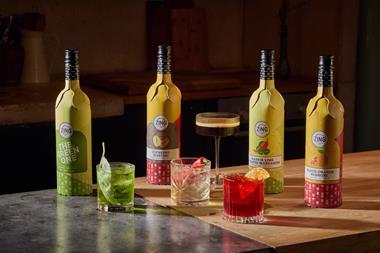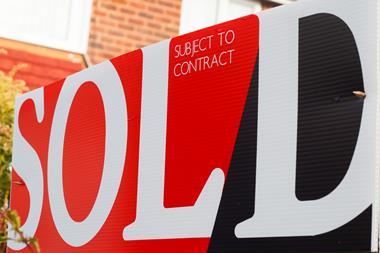Shock inflation increase led by rising tobacco and alcohol prices
By Sarah Britton2024-01-17T12:50:00

Source: GettyImages_Credit MmeEmil
The Consumer Prices Index (CPI) rose by 4.0% in the 12 months to December 2023
ALREADY HAVE A REGISTERED USER ACCOUNT? PLEASE LOG IN HERE
To read the full story join the ConvenienceStore.co.uk community today!
Registration is quick and easy and provides access to:
- Unlimited ConvenienceStore.co.uk articles
- Our great range of newsletters
- Content you’ve saved for later via the ‘my library’ feature
And much more…
Related articles
More from News
Unlimited Access + Newsletters
Register today to gain unlimited access to articles and to receive our great range of email newsletters.































